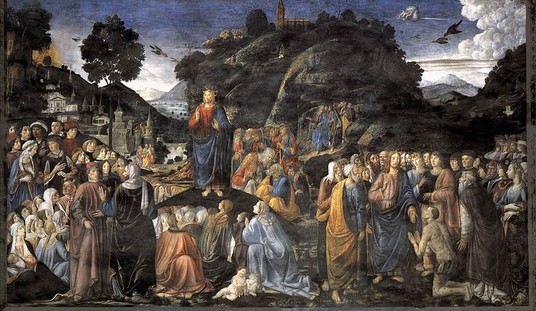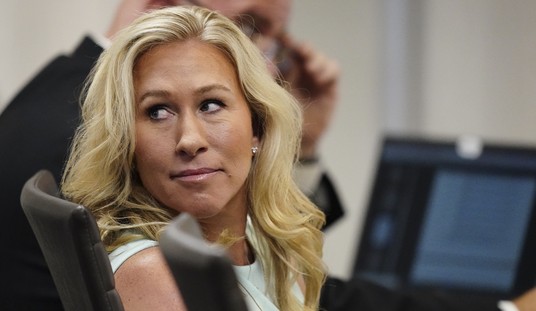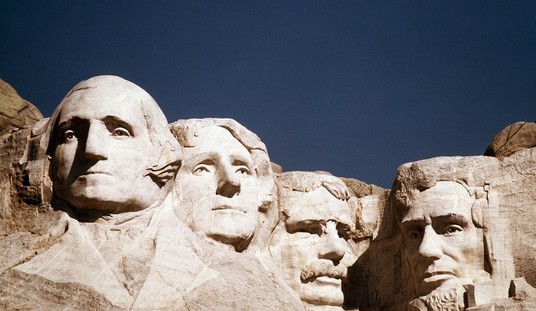Despite dramatic international news dominating the headlines across the globe, Americans are watching the negotiations to avoid the so-called “fiscal cliff” more closely than any other news story, according to a new poll from Pew Research.
A full third of Americans say they are “very closely” watching updates on the debate over the looming spending cuts and tax increases, outpacing other big news stories. Some 28 percent say they are closely following the investigation into the terrorist attack on American outposts in Benghazi, while 27 percent say they are paying close attention to the brewing Israeli-Palestinian conflict.
Public opinion is another. The U.S. economy resembles a sick patient who’s been put on a powerful drug: budget deficits. If the drug is withdrawn too abruptly, the patient relapses. That’s the fiscal cliff. But if the drug is never withdrawn, the patient may face highly toxic side effects. That’s a future financial crisis that occurs if lenders refuse to lend at low interest rates. It seems confusing, because it is confusing.
Curb those deficits — but not too fast. No one has adequately explained the messy choices to Americans. Not the president. Not major economists. Not congressional leaders. We are now as far away from the next election as we’ll ever be; the economy is in a modest recovery. Is there a better time to grapple with these perplexing and unpopular problems? Or do we gamble that we can drift along indefinitely?
Right now, Democrats are demanding that Republicans raise taxes while Republicans are demanding that Democrats agree to cut Social Security and Medicare spending. A grand bargain this fall, then, would mean that Republicans get to raise revenue from their own supporters (small-business job creators) in exchange for cutting spending for their own supporters (seniors). Genius! Much better to wipe the slate clean, and start over with more leverage for fundamental tax reform and structural entitlement reform.
What if we go off the fiscal cliff and Democrats still won’t negotiate? Then Republicans should make clear that they are willing to live with the higher, Clinton-era rates. It will be hard for the Democrats to paint such a scenario as an economic disaster, because letting the Bush tax cuts expire simply restores the status quo during the Clinton administration. During the campaign, President Obama repeatedly told us how he wants to “go back to the income tax rates we were paying under Bill Clinton — back when our economy created nearly 23 million new jobs, the biggest budget surplus in history, and plenty of millionaires to boot.” Well if the Clinton tax rates were so great, let’s go back to all of the Clinton rates and relive the booming ’90s.
At least going back to the Clinton rates would put more people on the tax rolls, and give more Americans a stake in constraining government spending. It would also force all Americans — including the middle class — to pay for growing government services, instead of borrowing the money from China and passing the costs on to the next generation.
And then Niskanen, looking over 25 years of budget data, noticed something about [“starve the beast”]: It didn’t work. In fact, attempts to starve the beast by tax cuts seemed to lead to increased federal spending.
Niskanen looked at both spending and taxes as a percentage of GDP. On average, he found, if federal revenues declined by 1 percent, federal spend- ing increased by 0.15 percent. When revenues rose, on the other hand, relative spending decreased. A fur- ther study in 2009 by another Cato economist, Michael New, came to the same conclusion after the gluttonous administration of George W. Bush. Under Bush and his mostly Republican Congress, new benefits like subsidized Medicare drugs and increased federal education spending followed on the heels of large tax cuts.
Niskanen’s explanation for the failure of STB was straightforward, a conjecture based on standard eco- nomics: When you cut the price of something, demand for it will increase. Lowering taxes without lowering benefits meant that tax- payers were getting the benefits at a discount. The government made up the true cost with borrowed dollars that future taxpayers would have to repay. There was a big difference, Niskanen said, between a kid on an allowance and the federal government: The government has a credit card with no debt limit.
In fact, the rising American electorate represents a direct threat to the striking array of government benefits for the affluent that the conservative movement has won over the past 40 years. These include the reduction of the top income tax rate from 50 percent in 1986 to 35 percent; the 15 percent tax rate on dividend and capital gains income, which was 39.9 percent in 1977; the lowering of the top estate tax rate from 70 percent in 1981, with just $175,000 exempted from taxation, to a top rate of 35 percent this year with $5.1 million exempted from taxation…
In effect, the 21st century version of class conflict sets the stage for an exceptionally bitter face-off between the left and the right in Congress. The national government is facing the prospect of forced austerity, weighing such zero-sum choices as raising capital gains taxes or cutting food stamps, slashing defense spending or restricting unemployment benefits, establishing a 15 cents-a-gallon gasoline tax or pushing citizens off the Medicaid rolls, pushing central bank policy favorable to the financial services industry or curtailing Medicare eligibility.
In broader terms, the political confrontation pits taxpayers, who now form the core of the center-right coalition, against tax consumers who form the core of the center-left. According to the Tax Policy Center, 46.4 percent of all tax filers had no federal income tax liability in 2011 (although most people pay a combination of state, sales, excise, property and other levies).There are clear exceptions to this dichotomy, as many Social Security and Medicare beneficiaries (tax recipients) vote Republican, and many college-educated upper-income citizens of all races and ethnicities (tax payers) vote Democratic. Nonetheless, the overarching division remains, and the battle lines are drawn over how to distribute the costs of the looming fiscal crisis. The outcome of this policy fight will determine whether Limbaugh is correct to fear that his side has “lost the country.”
Via Gallup:

Via Mediaite.
Via the Daily Rushbo.







Join the conversation as a VIP Member